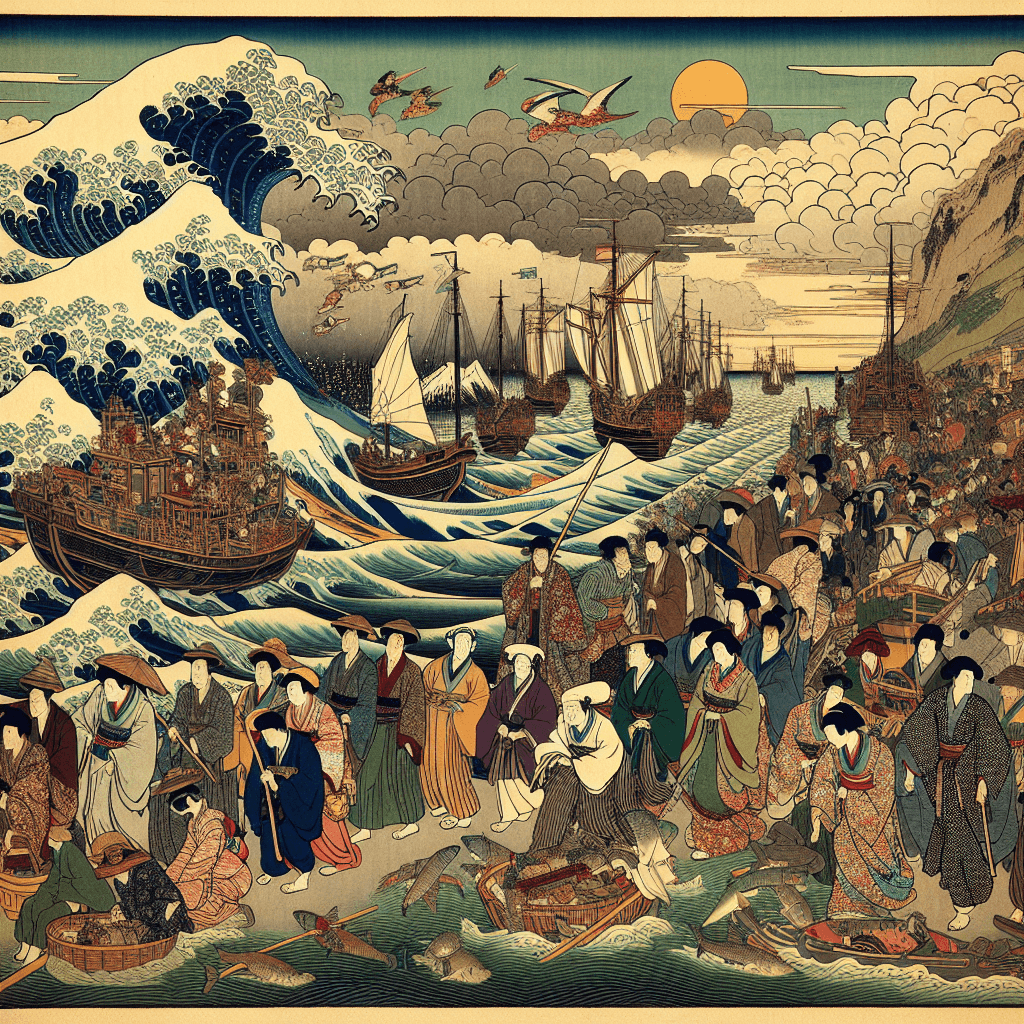

syndu | Oct. 28, 2023, 7:48 p.m.

Time, an abstract and elusive concept, has been perceived, measured, and interpreted in various ways throughout human history. This blog post will explore some of the conventional perceptions of time across different cultures and ages.
In Western cultures, time is typically perceived as linear, a one-way journey from the past through the present and into the future. This perception is deeply ingrained in Western thought, influencing everything from our daily schedules to our philosophies and religions. The linear perception of time suggests a beginning and an end, a birth and a death, and it is this perception that underlies the concept of progress, the idea that we are moving forward, advancing, and improving over time.
In contrast, many Eastern and indigenous cultures perceive time as cyclical. In these cultures, time is seen as an endless series of cycles or seasons, from day to night, birth to death, and season to season. This cyclical perception of time emphasizes the natural world's rhythms and the idea of renewal and rebirth. It suggests that events and experiences repeat themselves in a circular pattern, such as the cycle of the seasons or the cycle of life and death.
Another common metaphor for time is the river, flowing from the source (past) to the sea (future). This perception of time is prevalent in many cultures and philosophies, portraying time as a constant, unstoppable flow. It emphasizes the transient nature of life, the idea that we cannot step into the same river twice because the water (and time) is always flowing.
In modern societies, time is often seen as a social construct, a system created by humans to measure and organize our lives. This perception of time is reflected in our calendars, clocks, and schedules, which structure our days and years. It suggests that while time itself may be an abstract concept, our perception and measurement of time have concrete impacts on our lives.
Our perception of time shapes our understanding of the world and our place in it. Whether we see time as linear or cyclical, as a river or a social construct, these perceptions influence our attitudes, behaviors, and beliefs. As we move through time, we are not just marking the passing of hours and days, but also engaging with a complex and fascinating concept that has captivated human imagination for centuries.
"Our perception of time shapes our understanding of the world and our place in it. Whether we see time as linear or cyclical, as a river or a social construct, these perceptions influence our attitudes, behaviors, and beliefs."